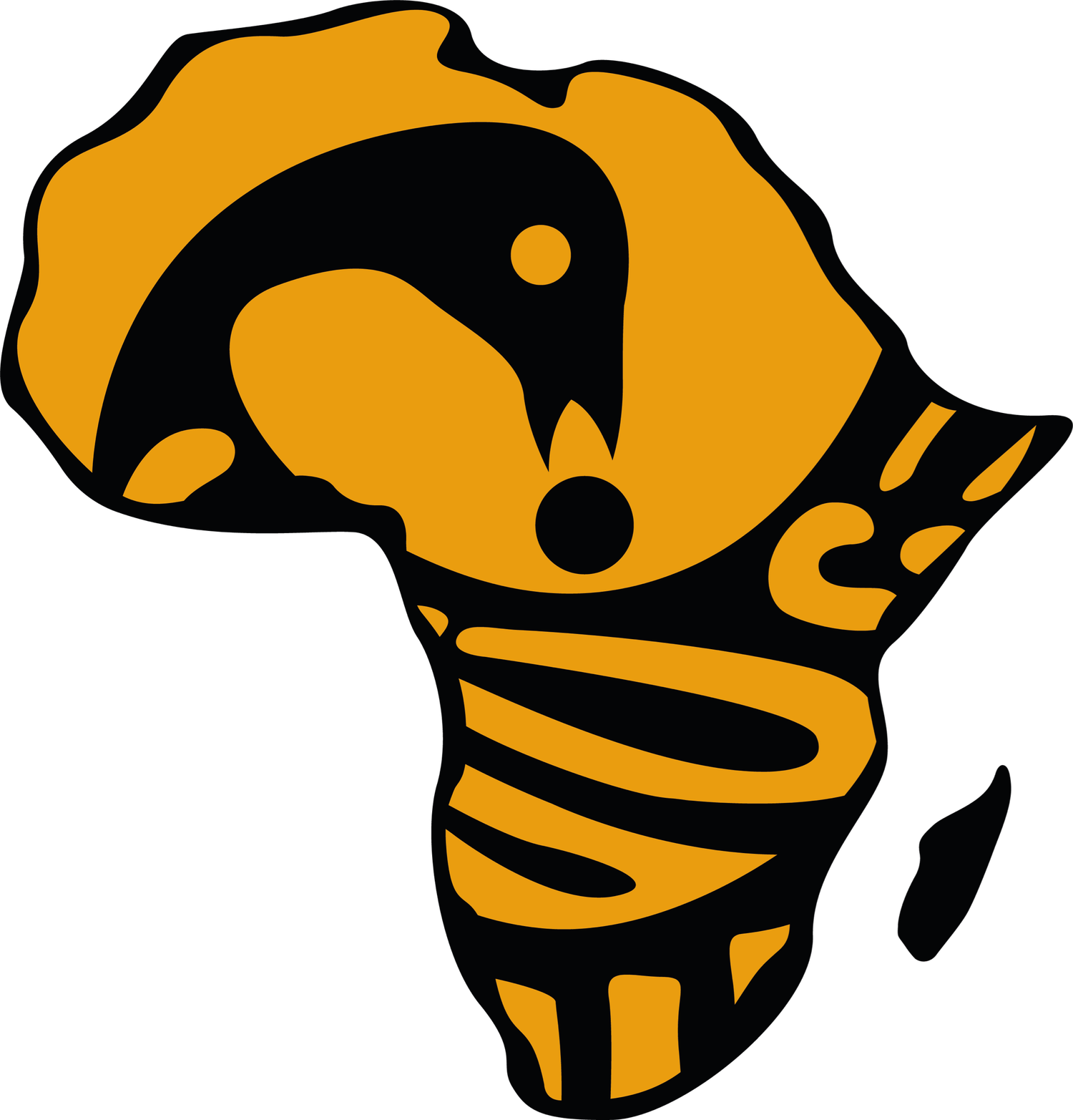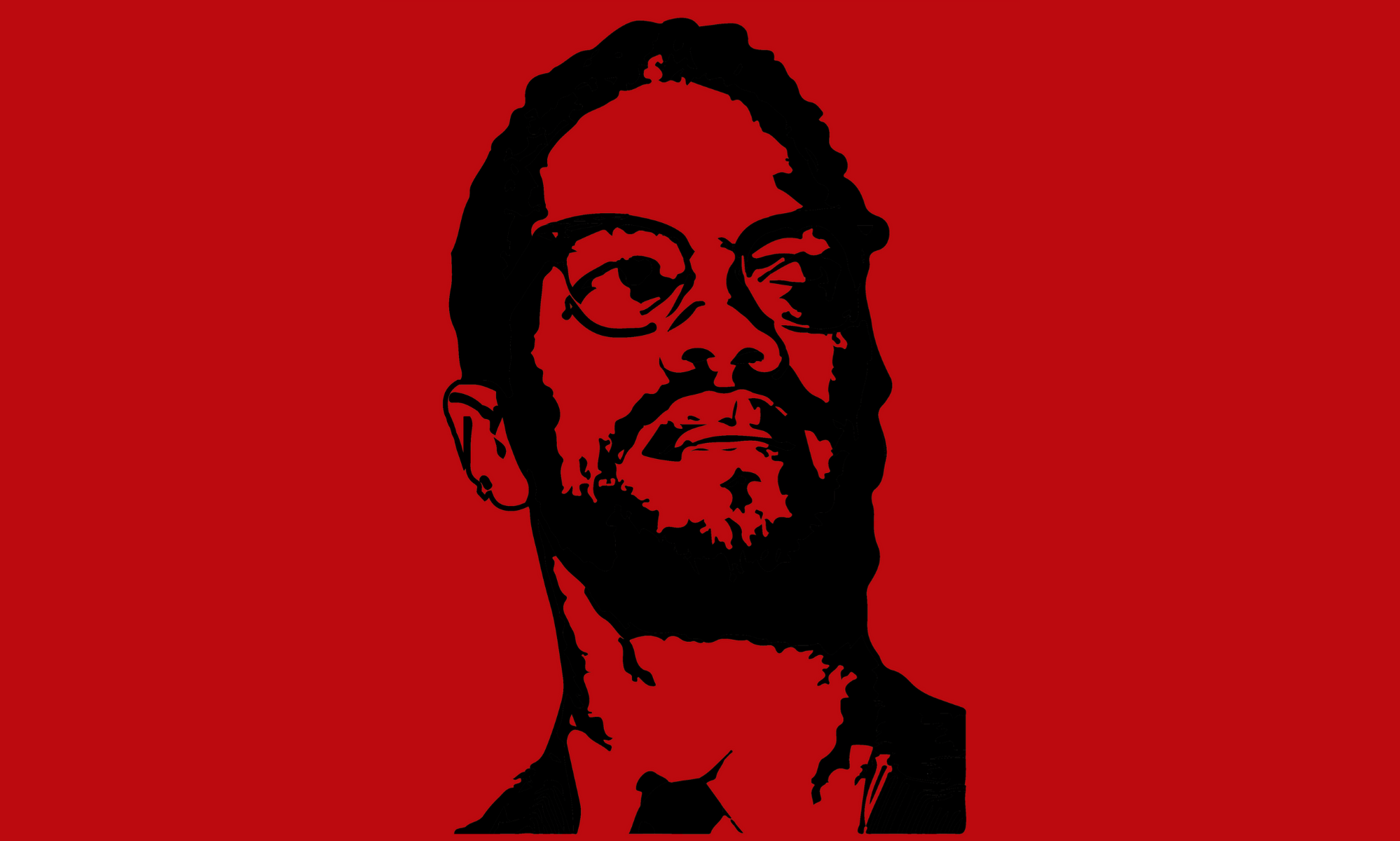Malcolm X & Black Nationalism
Click here to download this lesson in slideshow format
Welcome to Liberation Philosophy Level 1, Lesson 3: Malcolm X & Black Nationalism
In this lesson, you will learn about:
Malcolm X and what shaped his politics
Revolutionary Black Nationalism
Overcoming personal differences to be able to work together towards a collective goal
The Organisation of Afro-American Unity (OAAU)
Objectives
At the end of this lesson you will understand:
What Black Nationalism is
Why Black liberation comes before personal differences
That physically defending yourself against oppressors is not violence
Why an international perspective of racism is important
Malcolm X (also named el-Hajj Malik el-Shabazz and Omowale) was a Black Nationalist and pan-Africanist from the USA. He was one of the most intelligent revolutionary minds in history.
Although imprisoned in his early 20s, Malcolm X managed to establish a knowledge of self. As a child, he was exposed to the ideas of Garveyism through his parents, and later he developed his revolutionary thinking through the Nation of Islam (NOI). Once released, he was taught about self-sufficiency and the role of white society in the suffering of Black people. The NOI are a political and religious group that began in 1930, and under the leadership of Elijah Muhammad, Malcolm X joined their ranks.
While the NOI was not a pan-African organisation, Malcolm X always preached true pan-African politics. He understood that total freedom for Black people could not be produced in these fundamentally racist societies. Unlike other Black leaders of the time who advocated for integration, he saw that these racist systems could only produce what they were designed to produce: white supremacy. He therefore advocated for the development of a society outside of the system; a separate Black nation. This was Black Nationalism, a subdivision of pan-Africanism.
Malcolm X made sure his explanations were simple and effective, so that Black people at all levels were included in the struggle for freedom. He did not try to trick people into joining the struggle by romanticising it. Instead, he would always state the truth, no matter who he was speaking to.
Malcolm advocated for a Black revolution, and his understanding of history gave support to his calls. Using the politics of Black Nationalism, he developed methods of removing personal differences such as religion. This enabled Black people to work towards the collective goal of liberation without worrying about minor disagreements. As he put it; “When we come together, we don’t come together as Baptists or Methodists. You don’t catch hell ’cause you’re a Baptist… You catch hell ‘cause you’re a Black man!”
It is often said that Malcolm X was a violent racist who promoted segregation. This is entirely false. Malcolm X advocated for self-defence when faced with violence from systems of oppression and racist groups. Forceful responses to violent acts is common sense, not violence. He also preached for Black independence, the essence of pan-Africanism. Independence is far different from the racist segregation practices of the Jim Crow Era.
After leaving the NOI, Malcolm X formed the Organisation of Afro-American Unity (OAAU) alongside Dr. John Henrik Clarke and other Black activists. The OAAU embraced the politics of pan-Africanism, promoting unity between Africans across the continent and the diaspora. The organisation sought to unite the entirety of North, Central and South America’s Black population under a single united front, and pushed for Black people to control of everything within the Black community. The organisation was a political movement and educational tool, reeducating Black people on their history and culture.
Malcolm had a huge understanding of the predicament Black people all over the world faced, and he made sure the Black people he was educating had this same level of understanding. He knew there would only be progression with unity, education and organisation. He centred these as the core principles of the OAAU, as he knew they would eventually guide Black people to a global revolution.
Unfortunately, Malcolm X was assassinated in 1965, less than a year after he formed the OAAU, by a combination of the US government and Black collaborators. However, his legacy and teachings live on, and his politics are the perfect blueprint for a pan-African revolution.






